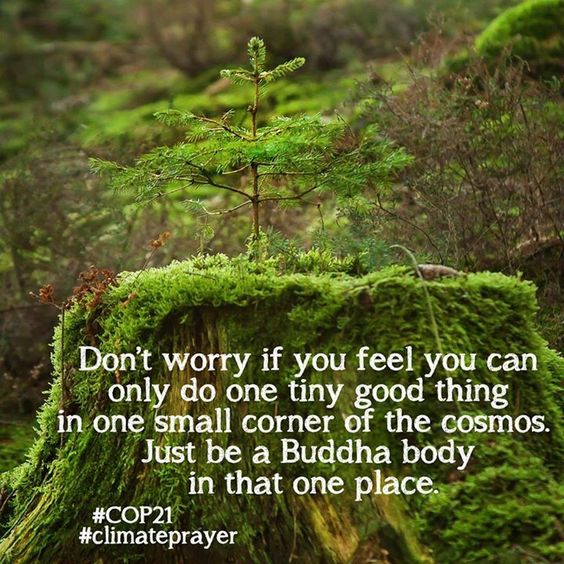Jonathan provides short, insightful quotes with complementary images. This particular post brings to mind Thich Nhat Hanh’s book No Mud, No Lotus.
Without the mud, there can be no lotus. Too often, we try to avoid the mud and challenges in life. The mud can help ground us in those moments as we take time to rest and reflect. Laozi offers this advice in to deal with life’s challenges: “Do you have the patience to wait/Till your mud settles and the water is clear?/Can you remain unmoving/Till the right action arises by itself?”
Too often, the busyness of life sweeps us away in the rush of its current instead of pausing in the midst of the storm to regain our footing and following the example of nature. There is a universal quality in remaining grounded in the present. Matthew 6:28 reminds us “Therefore do not be anxious about tomorrow, for tomorrow will be anxious for itself. Sufficient for the day is its own trouble.”
Even the most pressing issues of our time require us to think about what we can do in our little corner of the universe each day, each moment. We should each remember, if we do what we can in our corner of the universe, we are interconnected or, as Thich Nhat Hanh might say, inter-are with each other.





